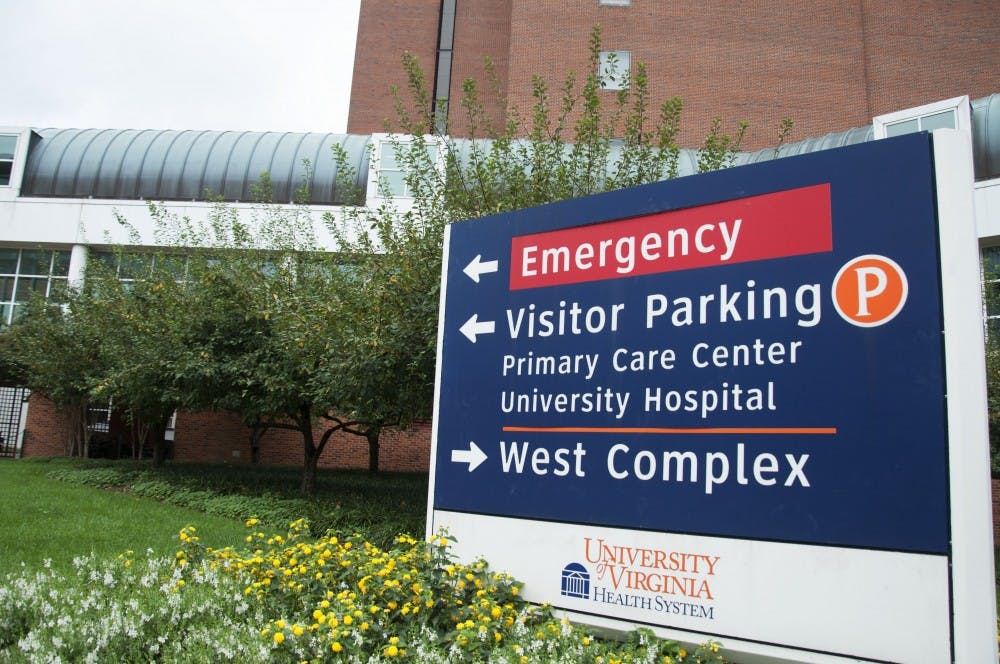The Health System received an award from the American College of Cardiology — the ACTION Registry-Get With The Guidelines Gold Performance Achievement Award — for its quality of treatment in heart attack patients.
“Gold Level of achievement recognizes hospitals who have sustained performance for two consecutive years in a row, while using a streamlined version of the quality improvement tool provided by the [National Cardiovascular Data Registry] with ACTION Registry-GWTG,” ACC Program Manager Beth Pruski said in an email.
The Health System consistently met a performance standard of 90 percent in regards to specific performance measures put forth by the ACTION registry. These measures of performance include providing aspirin to patients within 24 hours of arrival to the hospital, timely treatment by a specialized cardiologist to open blocked heart arteries, patient discharge with appropriate medications, education to stop smoking and referral to cardiac rehabilitation.
Emergency Medicine Prof. David Burt, the director of the University Chest Pain Center, said the award specifically recognizes care for patients with ST-Elevation Myocardial Infarctions.
Interim Chief Medical Officer Chris Ghaemmaghami, the senior associate dean for clinical affairs, said in an email specific methods for speeding up emergency care for STEMI patients are pre-hospital electrocardiogram diagnosis, group paging of the interventional cardiology team so everyone is ready prior to patient arrival, having in-house cardiology fellows nearly 24/7 and standardizing medication and treatment orders in the electronic medical record.
Coordination between departments facilitates expedited care and immediate responses for STEMI patients.
“[Emergency Medical Services] is very involved — they quickly transport patients to U.Va. and if they recognize a STEMI before they arrive then we can actually activate the system to be ready before the patient arrives,” Burt said. “About 50 percent of our STEMI cases are brought in by EMS, the rest ‘walk in’ from the street.”
Measures are being taken to constantly improve the quality of care for STEMI patients.
“Another thing we do is to hold monthly STEMI quality improvement meetings," Burt said. "It’s a debriefing to go over each case and discuss what we could do better. We also try to provide feedback on each case to the providers who are involved in taking care of that patient. One other thing we do is hold STEMI practice drills.”
Burt said the ACTION Registry-GWTG is a testament to collaborative efforts among departments. He said students participate in the local rescue squad and assisted in making the collaboration run smoothly.
“The award really speaks to the teamwork involved between EMS, the Emergency
Department, Cardiology and the Quality improvement team,” Burt said. “Some of these cases [with student responders] have gone exceptionally well. I am sure the patients appreciate what these students have done for them.”







